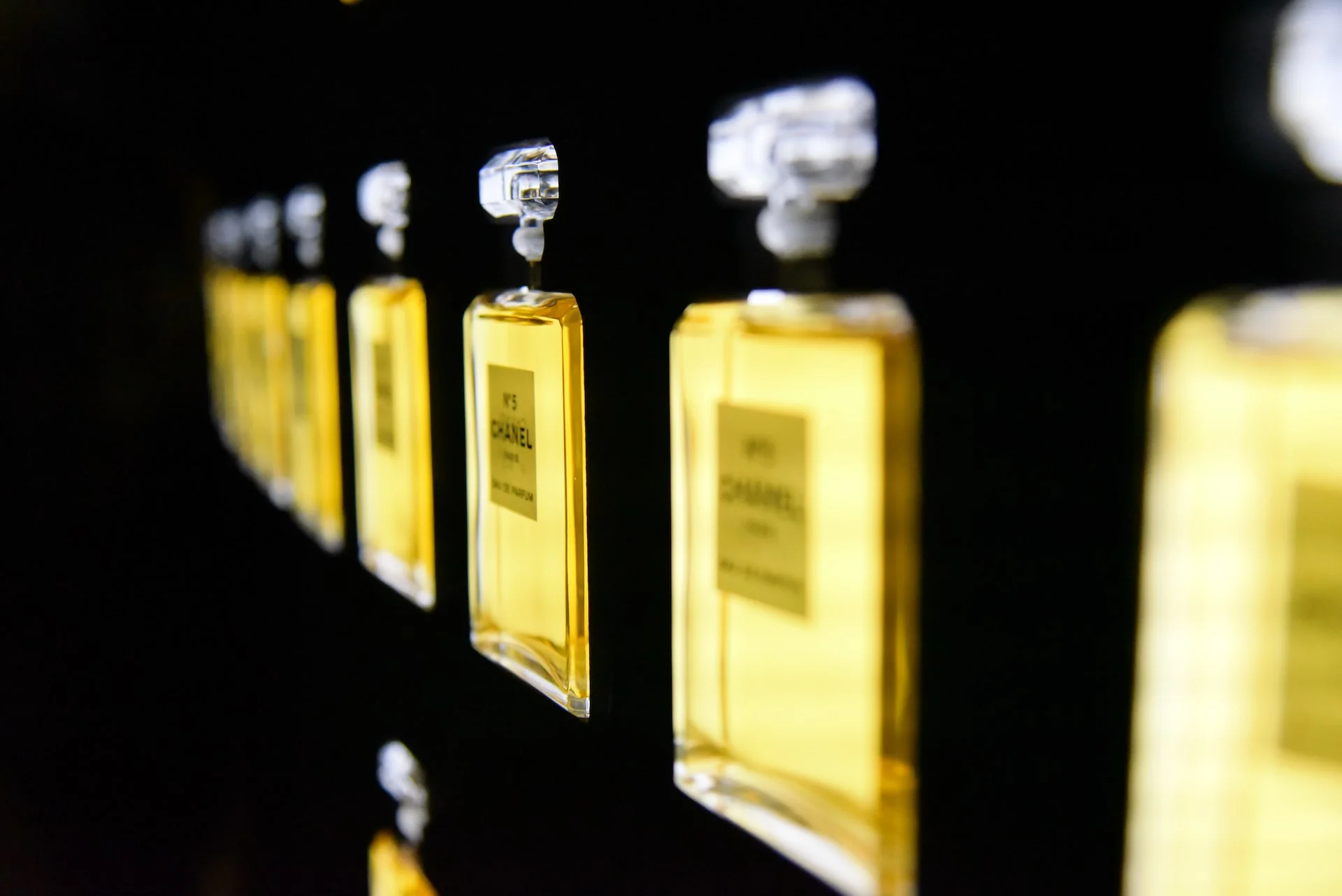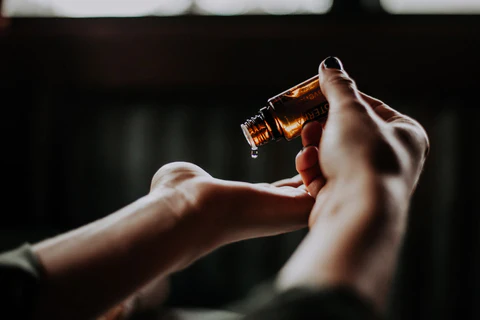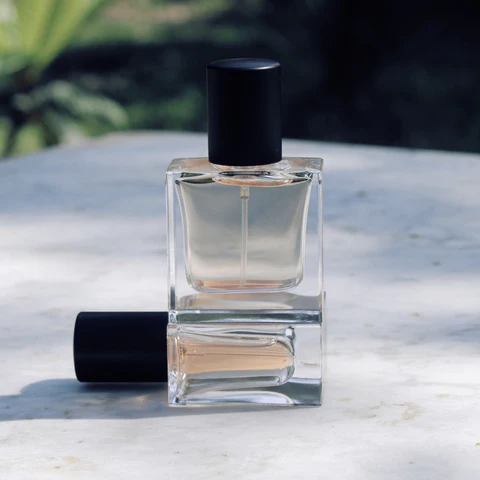
Aftershave or cologne? It’s one of the most frequently asked questions in men’s fashion right now. And for a very good reason, since these two fragrances are strikingly similar with only a few notable differences, including scent oil concentration, price and the use of terminology. An aftershave, historically, has always been a fragrant alcohol solution that was either splashed or slapped and rubbed onto men’s skin after shaving, to disinfect any minor cuts as well as soothe the skin from irritation.
However, much has changed since then. In the UK, aftershaves can now refer to all men’s fragrances, from eau de toilette to eau de parfum. Whereas cologne, or 'eau de cologne', is a type of men’s fragrance that is intended to be worn as daily wear. So how did we end up mixing the two? And which one is even better? Let’s have a look at some of the prominent differences between these two fragrance types.
Differences between aftershave and cologne
Terminology
The terminology used to describe aftershave and cologne has changed over the years, as they can now refer to almost all types of men's fragrances under the same name. In the UK, 'aftershave' refers to any perfume, including colognes, parfums, eau de toilette, after-shave lotions, and even anti-perspirants. Whereas 'cologne' refers to any type of men's fragrance similar to aftershaves in the United States. But in actuality, cologne, or 'eau de cologne', is a type of perfume that is designed to be worn by men as an everyday scent.

The terms 'aftershaves' and 'colognes' have been heavily influenced by advertisers to make perfumes sound more masculine and appealing to men. Before then, perfumes and smelling nice were mostly associated with women. As a result of clever marketing and celebrity endorsements, men's fragrances are now a multi-million pound industry, with an estimated market value of around 105 million pounds in 2021. There's a reason why men want things to be ‘simple’ compared to women.
Scent oil concentration
Another difference between aftershave and cologne is the concentration of scent oil. An aftershave usually contains a very low percentage of scent oil compounds (around 1%–3%), while the rest is made up of alcohol. This is the reason why aftershaves are instantly refreshing when applied to the skin, but the scent will dissipate in a matter of minutes.

In contrast, colognes have a scent oil concentration between 3% and 8%, where essential oils can be a mixture of different aromatic compounds and scent layers, making it a bit more premium and sophisticated. They normally last longer on skin than aftershaves, but colognes need to be frequently reapplied as they have fewer aromatic compounds compared to eau de toilette and eau de parfum.
Price
The price for aftershaves and colognes can depend on many different factors, including the brand name, type of packaging and the essential oils used to create the scent. But most importantly, the more rare the ingredients used in a perfume, the higher the price.

Generic aftershaves are often some of the cheapest men's fragrances, with prices as low as £10. However, aftershave lotions from well-known brands such as Dior and Chanel can cost more than £50. Colognes, on the other hand, can cost anywhere from £20 to over £1000.
Which is better: Aftershave or Cologne?
Simply put, it really depends on your needs and preferences. A good aftershave is designed to moisturise and protect your skin against minor cuts and irritations after shaving. So they can be a great option for men who are looking for a soothing and protective solution for their skin. Besides, aftershaves can also be used alongside other men’s perfumes to make their skin smell great after shaving.

In contrast, colognes, such as Creed Viking or Byredo Sunday, can stand on their own and are often a better choice for men who want a lightly-scented fragrance on their clothing or skin. It is also suitable for daily wear because you can't go wrong with spraying too much, unlike eau de parfums. Besides, wearing cologne can also make you smell more desirable and confident, which is a great way to attract the attention of the opposite sex.





